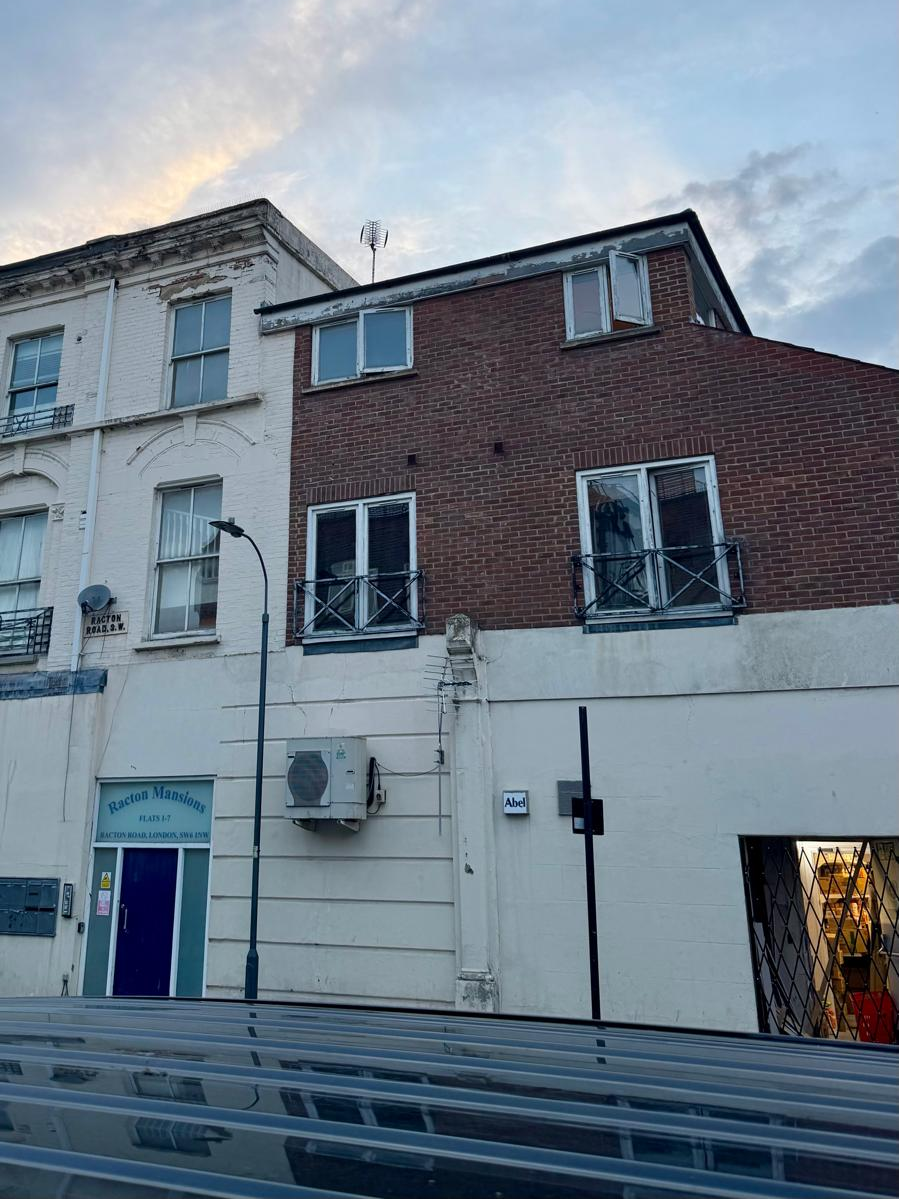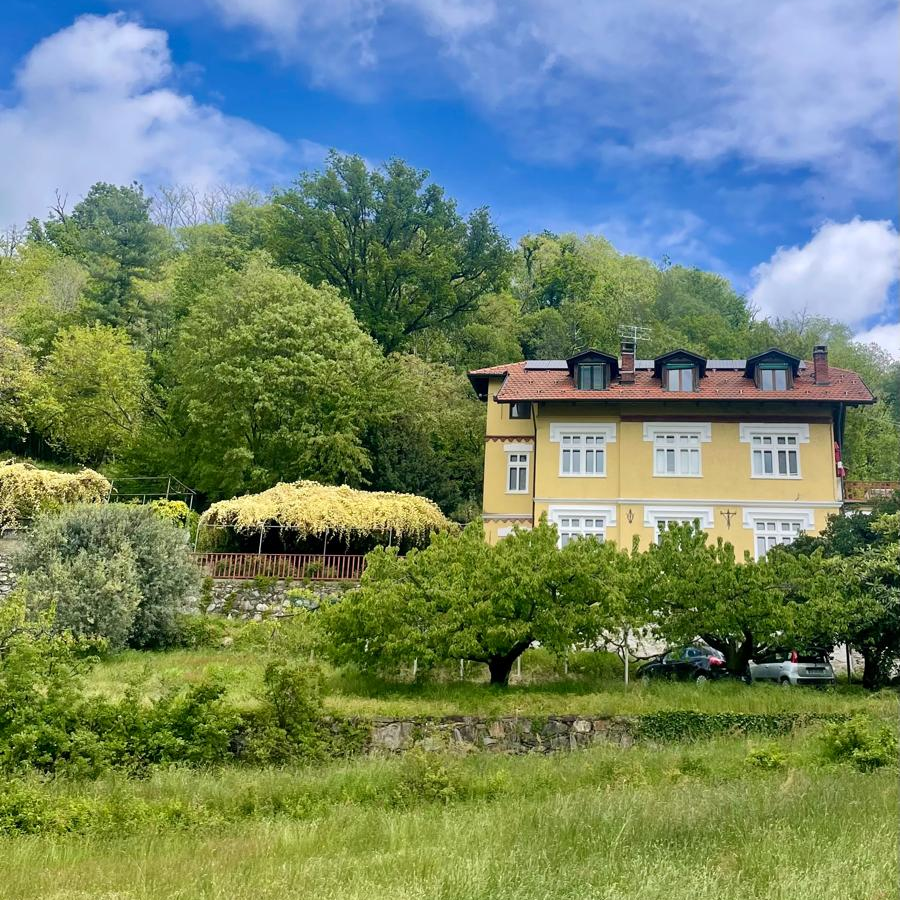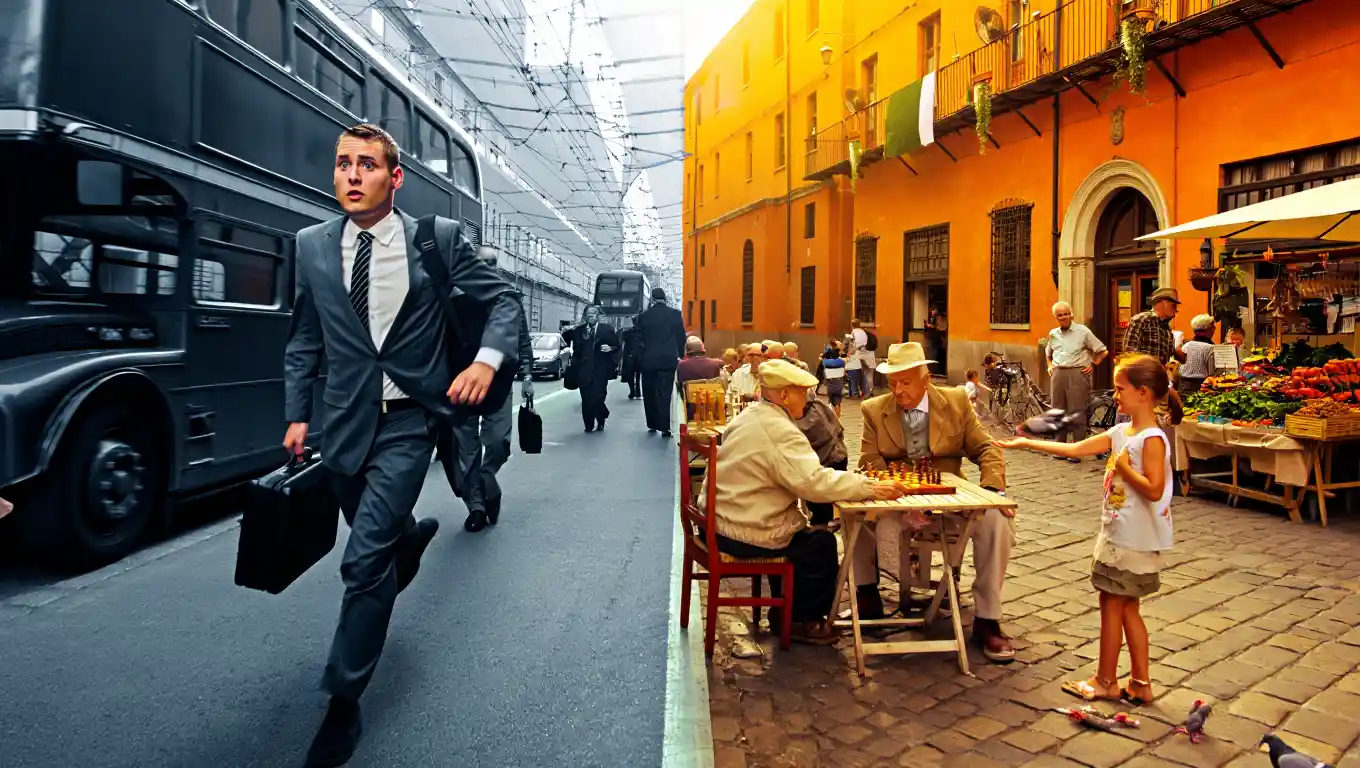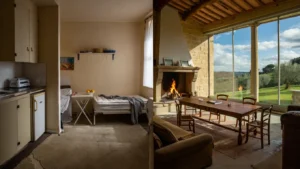For six and a half years, Rackton Road in West Kensington was home. A modest two-bed flat with a terrace, tucked between Fulham Broadway and West Brompton, it offered just enough space to live comfortably, at least until London’s housing market decided to remind me who was really in charge.
I moved in March 2017, paying £1,600 a month. With council tax and bills, that bill crept up to around £2,100.
Painful, but survivable. Fast forward post-COVID, and landlords suddenly believed they were running boutique hotels.
Today, that same style of flat is listed for £2,300–£2,600 a month.
I left in October 2023, just as my rent was becoming indistinguishable from a small mortgage repayment in most of the UK.
Except in London, mortgages don’t quite work the same.
The London Buying Dream (or Nightmare)

My London home
Like many renters in the capital, I was attracted to the idea of buying. After all, I already owned two flats in West Drayton, out by Heathrow.
But moving into one of them felt like settling for airport purgatory. I wanted to stay in the Fulham area, somewhere with cafés, transport links, and the occasional sighting of a footballer trying to parallel park a Lamborghini.
Post-COVID, the numbers made my head spin. Smaller or less attractive flats hovered around £600k–£650k. Anything comparable to my Rackton Road home was £800k–£900k. With mortgage deals on the table, I could’ve stretched it, maybe a 0–5% deposit.
But monthly repayments? Between £3,000–£3,500. For the privilege of a shoebox with questionable plumbing.
It didn’t seem worth it. Not when that amount could cover a villa somewhere else in Europe.
A Wedding, A Leap
August 2023 was a big month: I got married. By October, Daniela, my wife, and I packed up London life and moved to Italy. We found ourselves in the Piedmont region, near Lake Viverone, renting a four-floor villa that could swallow my Fulham flat three times over and still have room for a decent-sized wine cellar.
The villa comes with four bathrooms (three of which work, which feels positively luxurious), a sprawling garden, and panoramic views of the lake. It’s rural, quiet, and has the sort of clean air you only notice after years of inhaling London bus fumes.
The rent? €1,900 a month, or about £1,700. Even with bills, we’re at €2,100 (£1,850). Which is to say: less than London. For four floors. In London, the equivalent would set you back at least three times the price, and you’d still be staring at your neighbour’s laundry drying across the road instead of a lake.
Daniela now runs her Pilates and osteopathy business from home. The villa gives her an entire floor to work with clients. I still work remotely too. It turns out, once your income isn’t tied to geography, there’s little reason to stay in a city that’s constantly testing your financial pain threshold.
The Daily Math of Living
Italy has its quirks, but when it comes to everyday costs, it’s hard to complain.
- A cappuccino is around €1.50. In London, that’s barely the oat milk surcharge.
- Weekly groceries feel like Waitrose quality at Tesco pricing, especially since most of it is local and fresh rather than imported.
- Eating out, utilities, and general living costs are all consistently cheaper.
London post-COVID felt like death by a thousand price hikes. Rent jumped. Council tax nudged up. Groceries ballooned. Even Deliveroo managed to convince me that one pad Thai should cost the same as a Ryanair flight.
Here, we eat better food for less money. The trade-off? No Deliveroo at all. Or Uber. When the craving for a late-night curry hits, it’s a DIY affair. That’s when London’s convenience makes me nostalgic.
The Taxman and The Italian Bureaucracy
Of course, no move is without headaches. For me, the migraine came in the form of Italian bureaucracy.
Residency applications in Italy aren’t like signing up for Netflix. You need a PEC email (a paid, certified account) just to check appointments. From there, the system loops you: the website demands an email, then a call, then an appointment… but the ticketing system doesn’t work. It took us around 18 months to secure residency approval, despite Daniela being Italian and me having a stable income.
Then there’s tax. Moving funds from the UK to Italy to buy property isn’t straightforward. An accountant explained that transferring £100,000 or more triggers hefty tax penalties. That makes outright buying here complicated. Mortgages? Forget it. Without Italian financial history, banks won’t play ball.
So for now, renting the villa is the most realistic path. Buying would require either swallowing the tax implications or settling for a cheaper property—say €60k–€80k flats, which don’t align with long-term living goals.
Work, Lifestyle, Sanity

Our Home in Italy
If I still commuted to an office in London, none of this would have been possible. But remote work changes the calculation. I still earn about £65k–£70k annually. With Wi-Fi and a laptop, my income didn’t take a hit.
Instead, my quality of life improved. We have more space, better scenery, and I now run daily with our dog without weaving between double-parked cars. Daniela is happier too, closer to her family, working in an environment that feels like home.
That said, I do miss the odd London convenience: late-night Tesco runs, the option of a pub quiz on a Tuesday, friends within Tube distance. At one point, I was flying back monthly. Now, with residency and work commitments, trips are less frequent. London still feels like “home” in memory, but not in practice.
London: A Market for Someone Else
London’s property market has long since stopped being about local buyers. In Fulham, West Brompton, and beyond, flats aren’t being snapped up by first-time buyers or young families. They’re bought by international investors, many of whom won’t even live there.
Post-Brexit and post-COVID, affordability stretched thinner than ever. I could have joined the cycle, pouring £3,500 a month into a mortgage that barely bought space to swing a cat. But why?
The truth is, London is a global city, and global cities cater to global wallets. For people tied to UK salaries, the numbers simply don’t work. Unless you inherit property or earn banker money, you’re renting indefinitely.
So, Was It Worth It?
Yes, with caveats.
Italy is beautiful, affordable, and rewarding. But it’s not problem-free. The bureaucracy is maddening, and you need patience measured in years, not months. Buying property as a foreigner without Italian banking history is near impossible.
But if you work remotely, value countryside living, and can live without Uber Eats, it’s a strong alternative. The quality of food, pace of life, and space you get for your money outweigh the headaches.
London gave me many good years. But in the end, I was paying champagne prices for tap water. Italy, with all its flaws and frustrations, offers me the opposite: an occasional glass of Barolo at the price of a London pint, and a villa that costs less per month than a one-bed in Zone 2.
And honestly, when you’re drinking coffee on your terrace overlooking Lake Viverone, the bureaucracy feels a little easier to tolerate.




